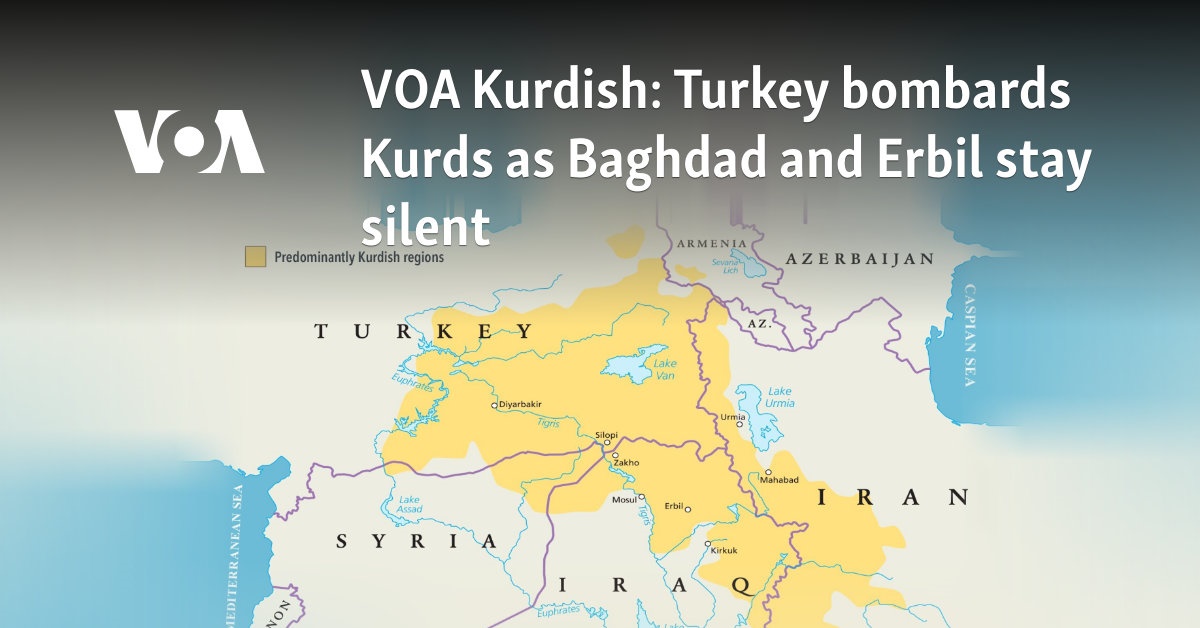Turkey’s EU-funded detention centres ripe with abuse: NGO
Afghan and Syrian nationals are being abused at EU-funded removal centres in Turkey amid a lack of proper monitoring and oversight, says Human Rights Watch.
“There is completely inadequate monitoring,” Bill Frelick, Human Rights Watch refugee programme director, told EUobserver earlier this week.
Turkey has some 30 removal centres that can accommodate close to 20,000 people.
Among them is Cankiri, which was built with €60m in EU funds.
Frelick said minors at Cankiri are mixed with men and that Turkish authorities exasperate tensions between Syrians and Afghans, often leading to fights.
The European Commission has funded an additional six removal centres in 2022.
It is also aware of the problems, noting in an annex to a report released last month, the lack of access “to legal assistance and the right to apply for international protection.”
Frelick, who had spoken to some 68 people previously detained at 11 removal centres in Turkey, says many are being forcibly coerced into signing voluntary return papers.
“They’re held in containers and dirty overcrowded conditions in removal centres,” he said.
Details of those centres, as well as the interviews, are compiled in a 74-page Human Rights Watch report published in mid-November.
Those that refuse are beaten or threatened with two-year detentions, he said.
The money is part of wider deal in 2016 between the European Union and Turkey, totalling some €6bn. More has since been earmarked.
Frelick says most of that money is well spent in terms of providing humanitarian relief and aid.
But the funding of the removal centres is posing problems given the lack of oversight, he said.
“We’re not saying that EU money is contributed to these abuses. It’s that EU money has been used to fund centres within which grim abuses are taking place,” said Nadia Hardman, a researcher at Human Rights Watch.
Turkey has deported 50,000 Afghans back to Kabul over the first eight months of this year, a 150-percent increase compared to 2020.
The UN refugee agency (UNHCR) has itself demanded the halt to all deportations to Afghanistan, in light of a Taliban crackdown and widespread poverty and misery.
But the UN agency’s influence in Turkey has also diminished after Ankara in 2018 took the leading role on determining refugee status claims.
Recognition rates dropped by 92 percent a year later.
More recently, Turkey restricted the possibility for people to lodge claims for international protection throughout some 16 provinces.




